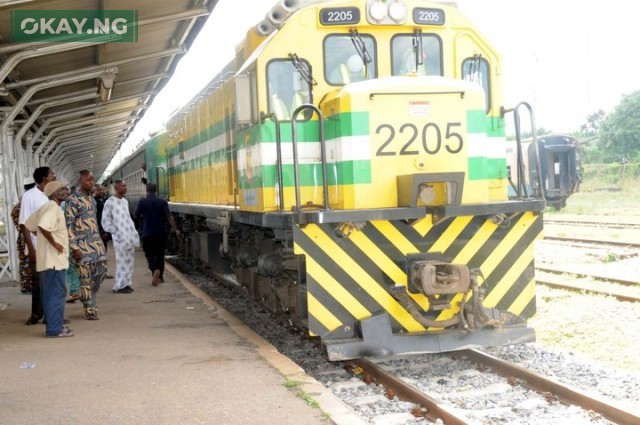The landscape of Nigerian trade is shifting, offering a glimmer of hope to those grappling with the perennial challenges of logistics. The recently launched Apapa-Moniya rail service, a collaborative effort with the Nigerian Railway Corporation, is now operational, providing a direct and much-needed conduit for hinterland importers and exporters to access global markets. This development, running three times weekly, promises to slash transit times and offer a viable alternative to the notoriously congested road networks that have long plagued the nation’s agricultural exporters.
For years, the arduous journey to Apapa port has been a significant hurdle, particularly for those dealing with perishable goods. Delays and unpredictable transit times have often resulted in substantial losses, a stark reality for many farmers and traders. Now, with the introduction of this rail service, there’s a tangible prospect of reduced spoilage and increased efficiency.
“The vision behind the Apapa-Moniya rail product launch is to open Nigeria’s hinterland, making it easily accessible to international trade,” stated Steen Knudsen, terminal manager of APM Terminals Apapa, highlighting the strategic intent behind this initiative. “This would greatly improve the business prospects for importers and exporters in the hinterland that require a fixed, reliable rail schedule to get their commodities to Apapa port.”
This week, APM Terminals Apapa, in a crucial engagement, convened with agricultural commodities exporters and the Oyo State government to explore the potential of the rail corridor. The discussions, following an assessment of the Moniya rail terminal after a journey from Ebute-Metta, underscored the potential of this service to streamline goods movement.
Read Also: Apapa-Ibadan Rail Service Re-ignites Hope for Nigerian Logistics
Jette Bjerrum, consul general of Denmark and Trade Counsellor, added a layer of international support, stating, “Denmark aims to support local interests in the export, agricultural, energy, and livestock sectors, with government approval for cold chain initiatives to enhance market support.” This international interest signals a potential for further investment and collaboration.
However, the meeting also brought to light pressing concerns from stakeholders. Exporters raised the need for simplified booking processes from Ibadan, eliminating the necessity for trips to Lagos. They also emphasized the critical need for cold chain solutions and real-time data sharing to enhance trade efficiency. “It would help if APM Terminals shares data on the progress of the rail service with us, weekly and monthly updates,” suggested Tilewa Folami, special adviser to the Oyo State government. Folami also outlined ambitious plans for the state, including the development of a cargo and international passenger airport, aiming to transform Oyo into a key trade hub. “On the part of the Oyo state government, there are plans in the making for a cargo and international passenger airport,” he said.
Furthermore, stakeholders advocated for APM Terminals to establish a physical presence in Moniya, facilitating improved service delivery. This request reflects a deep desire for localized support and direct engagement with the terminal operators.
From an emotional standpoint, this rail service represents more than just logistical efficiency. It’s a lifeline for many, a chance to reclaim lost profits and build sustainable businesses. For farmers, it signifies reduced waste and increased earnings. For traders, it offers a path to consistent and reliable market access. As I consider the implications, I see a potential boost to local economies and a reduction in the stress that comes from the uncertainty of road transport.
The Apapa-Moniya rail service, therefore, is not merely a transportation solution; it is a catalyst for economic empowerment and regional development. It is a tangible step towards unlocking the vast potential of Nigeria’s hinterland, bridging the gap between local producers and the global marketplace.













